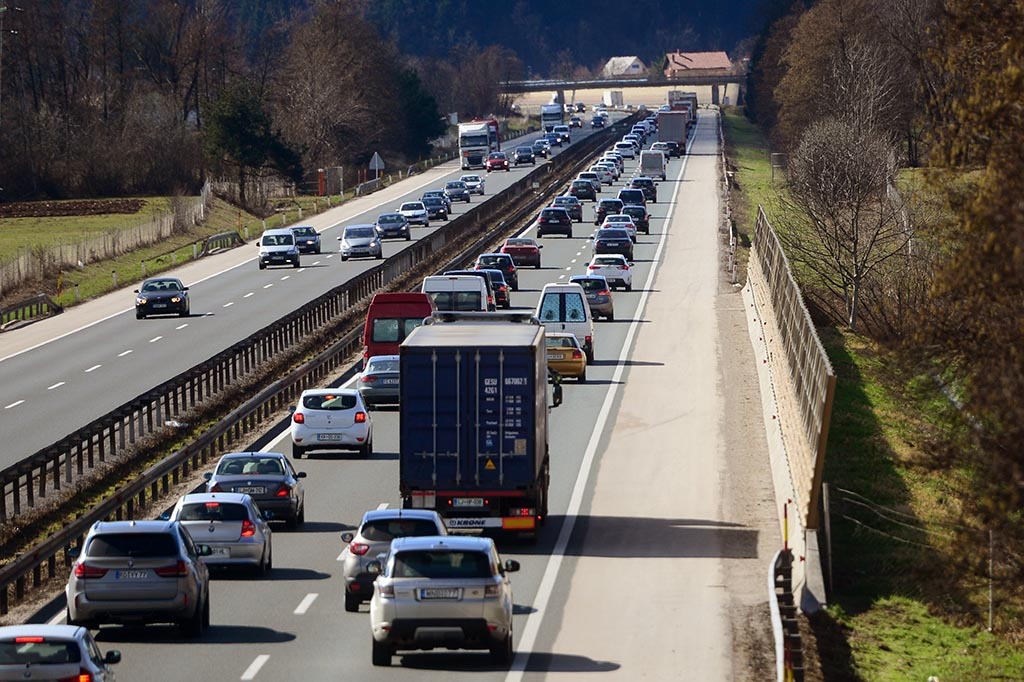Today, the Members of the Environment Committee in the European Parliament voted in favour of a revised version of the European Commission’s proposal, which for the first time in European history recommends capping CO2 emissions from trucks. The agreement reached between the political groups sets a 35% CO2 emissions reduction target for heavy-duty vehicles by 2030.
“Europe is by far the global champion of trucks and buses for the future. It’s good that we have introduced a cap on CO2 emissions for the sector. But we need more than that. We need CO2 legislation that drives innovation further and gets new more low emission trucks out on the roads”, said Christofer Fjellner, the EPP Group’s lead MEP on the dossier.
“If we are to win the fight against climate change, Europe has to deliver a policy that inspires others to follow. We will never do that if we sacrifice the competitiveness of the sectors we regulate. Sadly, that is what today’s vote risks doing,” added Fjellner.
Lorries carry around 70 % of freight transported over land and are crucial for the development of trade and commerce in Europe. However, even necessary transportation leads to emissions. Heavy-duty vehicles account for six percent of total EU emissions. Capping transport emissions is thus essential if we are to meet the EU reduction target of 40 percent until 2030 and fulfil Europe’s commitments to the Paris Climate Agreement.
“To decarbonise road transport we need a major technology shift. But the truth is that we, as legislators, cannot command when and how this shift will come about. Therefore we should have combined our tough targets with strong incentives, rather than mandates for specific technologies at specific dates, as the Environment Committee opted to do. However, I hope we can further improve the legislation in plenary,” continued Fjellner.
“If we get this wrong, it will not only cost jobs in one of our most successful industries, it also risks standing in the way of the continued innovation of new low-emission trucks that are necessary if real emissions reductions are to take place,” he concluded.
Source: EPP Group
